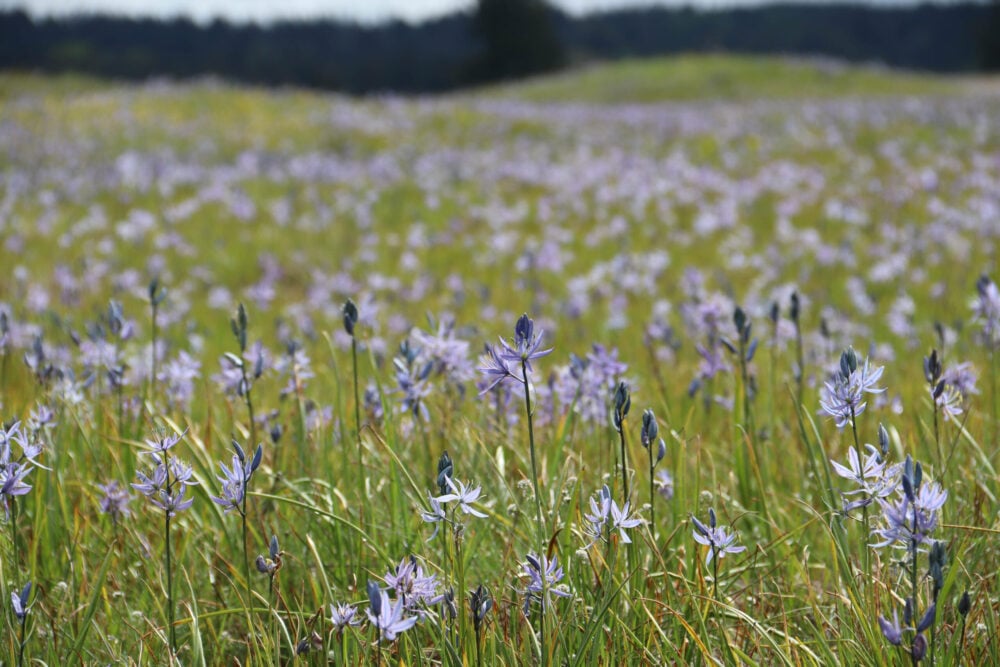
Contributor
- Topics: Archive
America and her citizens have been described as bold, inventive, exploratory and independent. Such strong attitudes and personality attributes have helped place us at the forefront of the world’s economic, political, and technological frontiers; yet, aesthetically, we remain copy cats, borrowing heavily from the older and more established cultures of both Europe and Asia. This tradition, or perhaps a lack of a mature cultural ethic, is especially obvious in the garden. Claire Sawyers, in her new book, The Authentic Garden, Five Principles for Cultivating a Sense of Place, confronts the subject and issues a call, a “plea” in her words, for gardeners “to learn from the great gardens of the world and extract their lessons rather than mimic their look.”
Sawyers spent six years of her youth living in Japan and returned to work with Japanese landscapers in the course of her undergraduate studies in ornamental horticulture at Purdue University. It was the repeated requests in the US from many of her early design clients for a “Japanese garden,” something she found geographically confusing and of little interest, that prompted her thinking about the lack of a distinct American gardening tradition. She found garden makers too easily content to replicate images, architectural characteristics, and objects in the creation of a landscape rather than determine the underlying characteristics and principles that make us want that space for our own. Attracted to the floral abundance of an English garden or the spare formality of an Italian court, we think that’s what we want without asking ourselves why. For nascent American gardeners, tired of faux villas and cottage gardens in the desert, and looking to create a garden “true to a place, a time, and a culture,” The Authentic Garden functions as a helpful self-course or study guide.
With her five principles, each developed in a separate chapter, Sawyers serves up thoughtful topics that cover a broad sense of the cultural history and natural topography of a site. She advocates the Japanese concept of wabi sabi (which she defines as “simple elegance and a patina from age”), and the creation of livable gardens that function well and engage the individual. Practical considerations such as shelter in the garden, the choice and repetition of landscape materials, and the importance of transition spaces like entries, porches, and pathways, are addressed as well.
Hundreds of full color photographs from gardens around the country ably illustrate the principles, while the conversational text leads the reader through a gentle meditation on discovering the genus loci or sense of place unique to their particular garden. Detailed categories within each chapter jog our thinking about everything from hose access, driveways, and mailboxes, to where to place the barbecue.
The book closes with a chapter entitled “putting it all together,” in which Sawyers deconstructs four public and three private gardens to illustrate how the principles of An Authentic Garden have been implemented to create a strong and uniquely American landscape, each grounded in its personal and regional culture. In the end, I applaud Claire Sawyers for proposing that we each approach garden making as an independent and creative act of self expression—you can’t get more American than that!
Lorene Edwards Forkner, garden writer
Seattle, Washington
Share:
Social Media
Garden Futurist Podcast
Most Popular
Videos
Topics
Related Posts
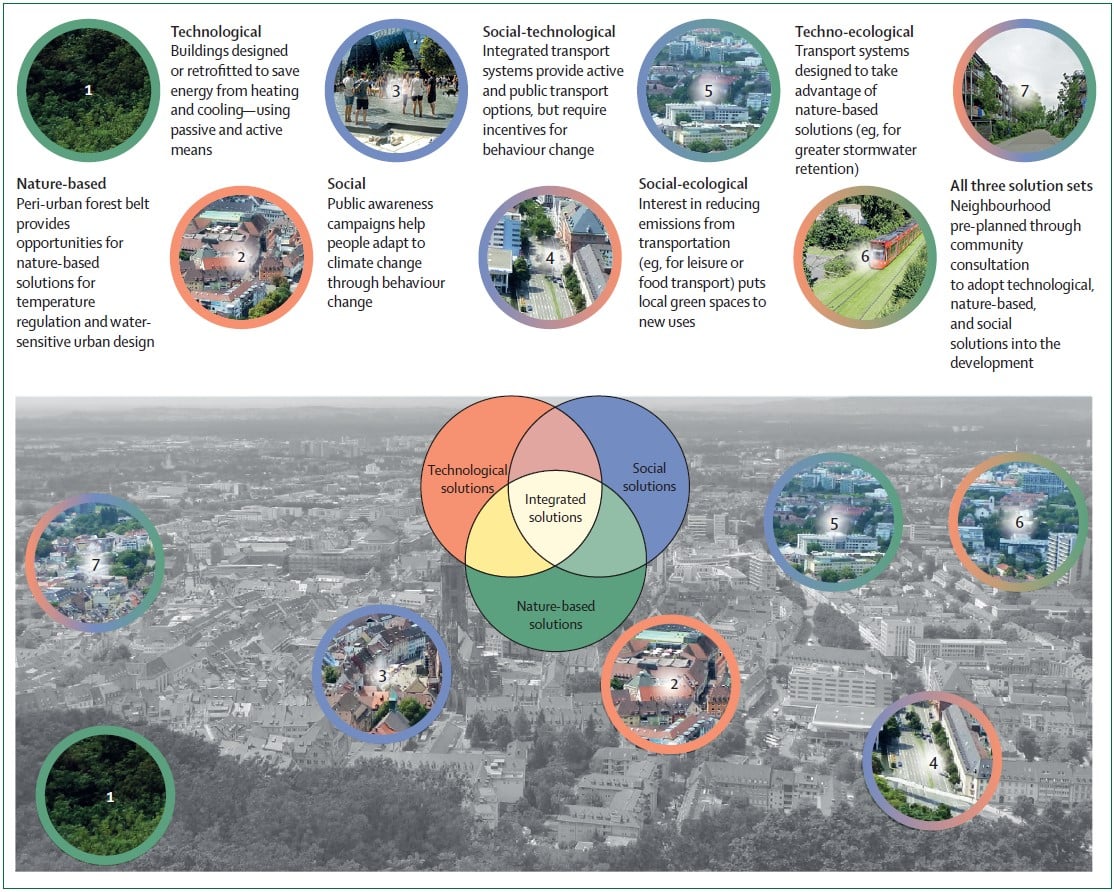
Ground Up Science for Greener Cities with Garden Futurist Dr. Alessandro Ossola
Spring 2023 Listen to the Podcast here. Alessandro Ossola is a scientist who gets very excited about the challenge of climate change allowing for an
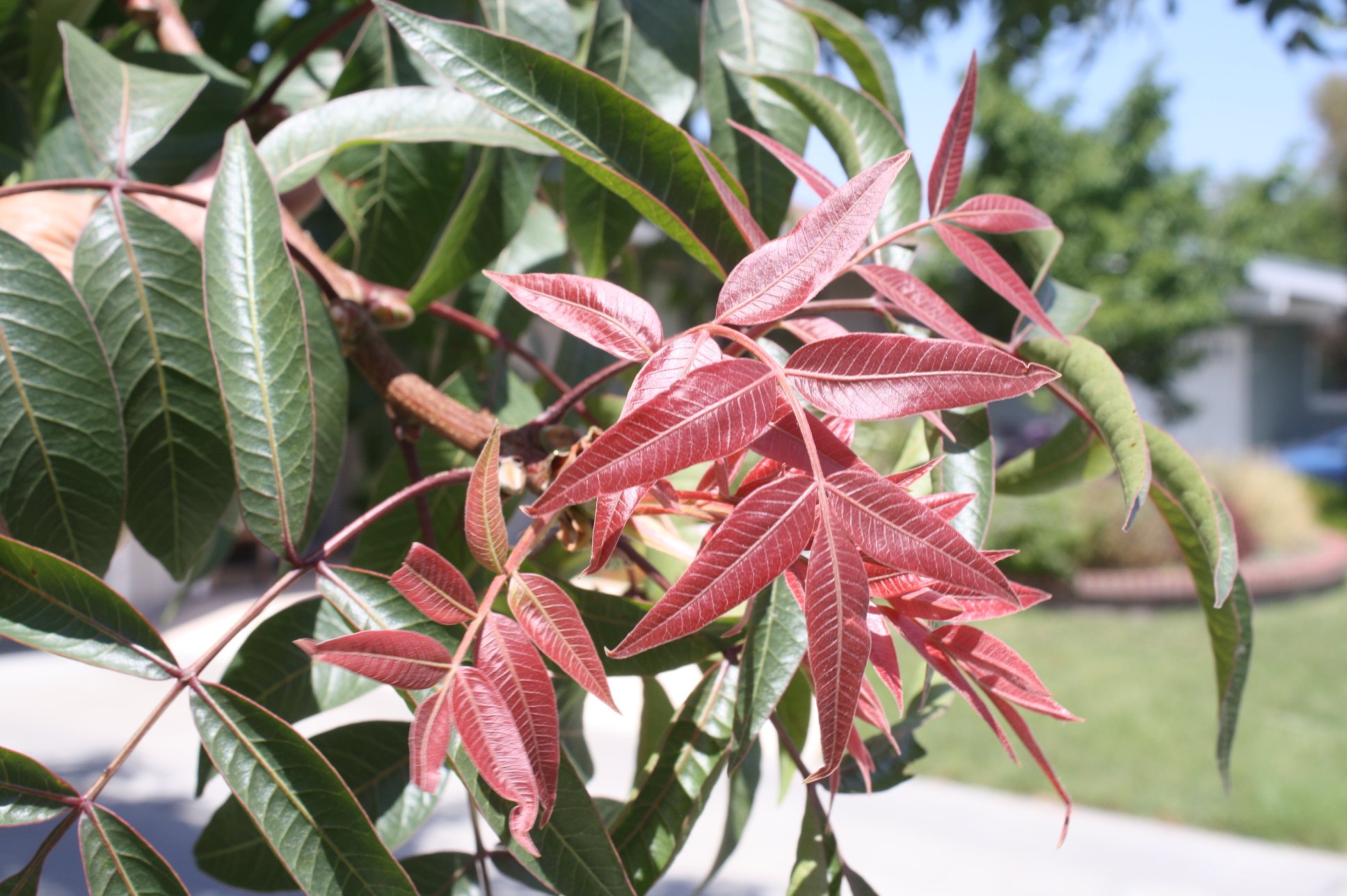
Readying Urban Forests for Climate Realities with Garden Futurist Dr. Greg McPherson
Winter 2023 Listen to the Podcast here. “Going from the mow and blow to a more horticulturally knowledgeable approach to maintaining the landscape. And that
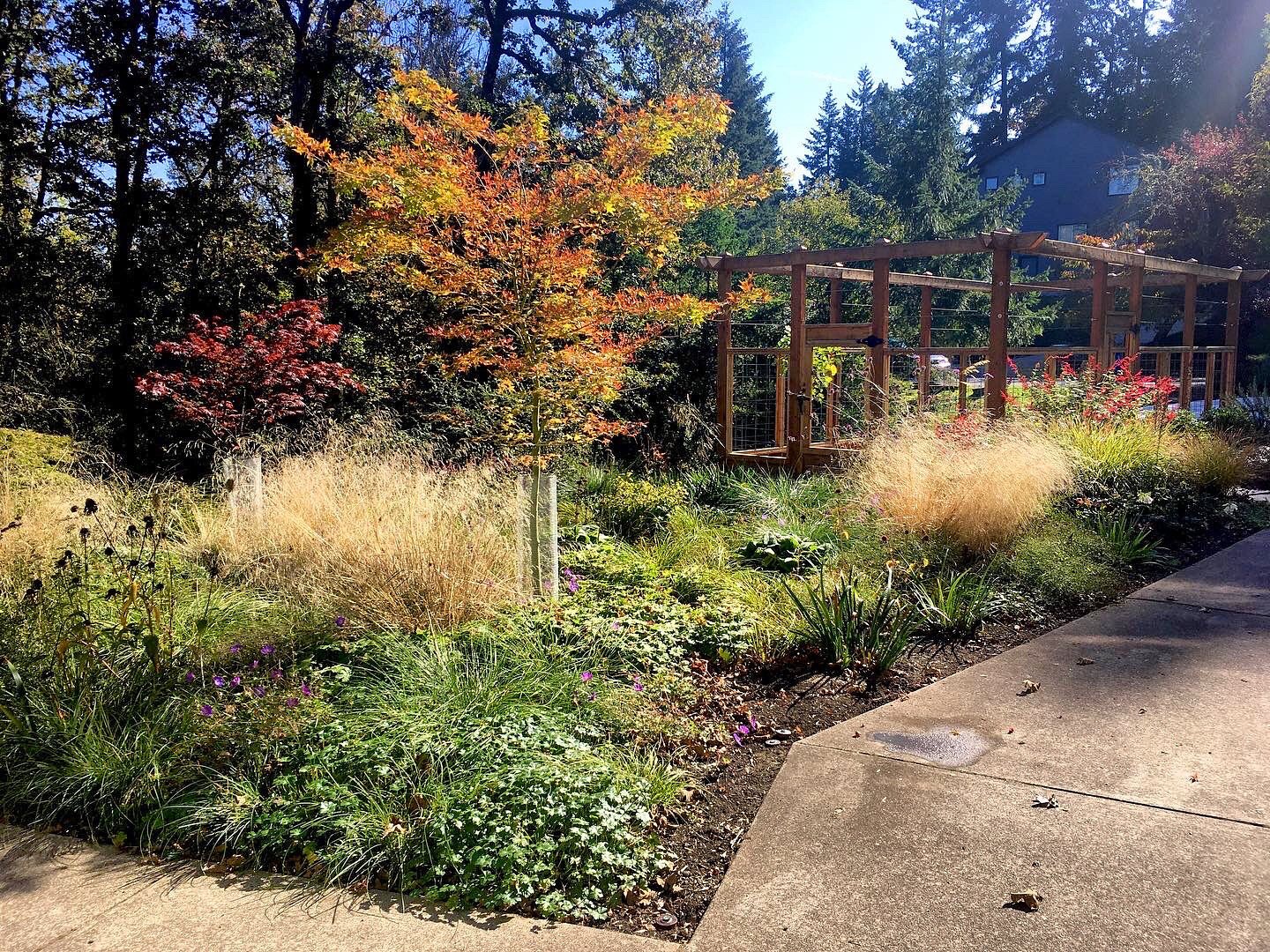
Low Maintenance Gardens – Better for Pollinators and People
Autumn 2022 “I come out every day. It’s therapy, my meditation.” Janet’s young garden transformed from overgrown, invasive plants to mostly natives. The dailiness of
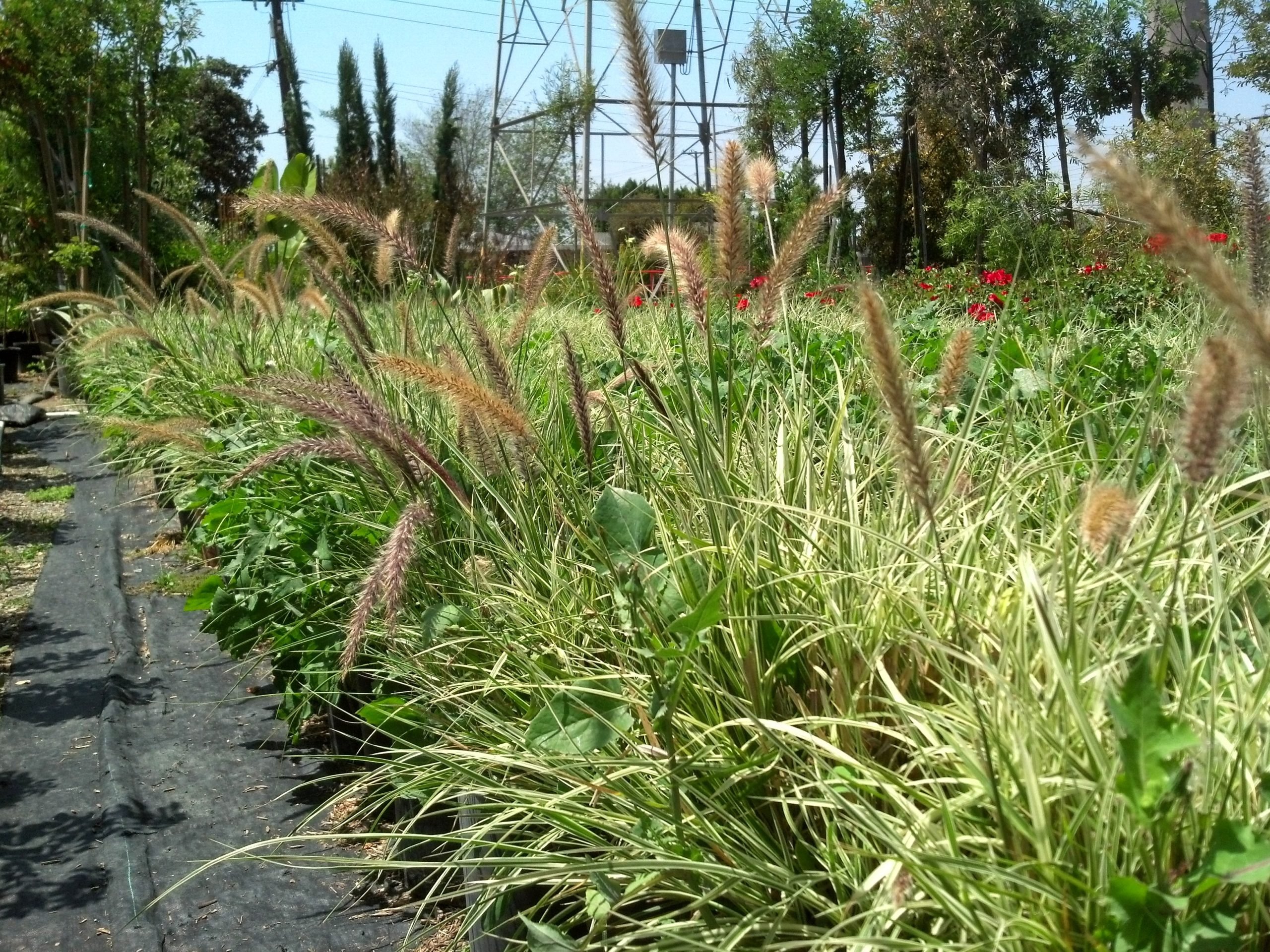
Invasive Plants Are Still Being Sold: Preventing Noxious Weeds in Your Landscape
Autumn 2022 With so many beautiful ornamental plant species and cultivars throughout California and the Pacific Northwest, how do you decide which ones to include




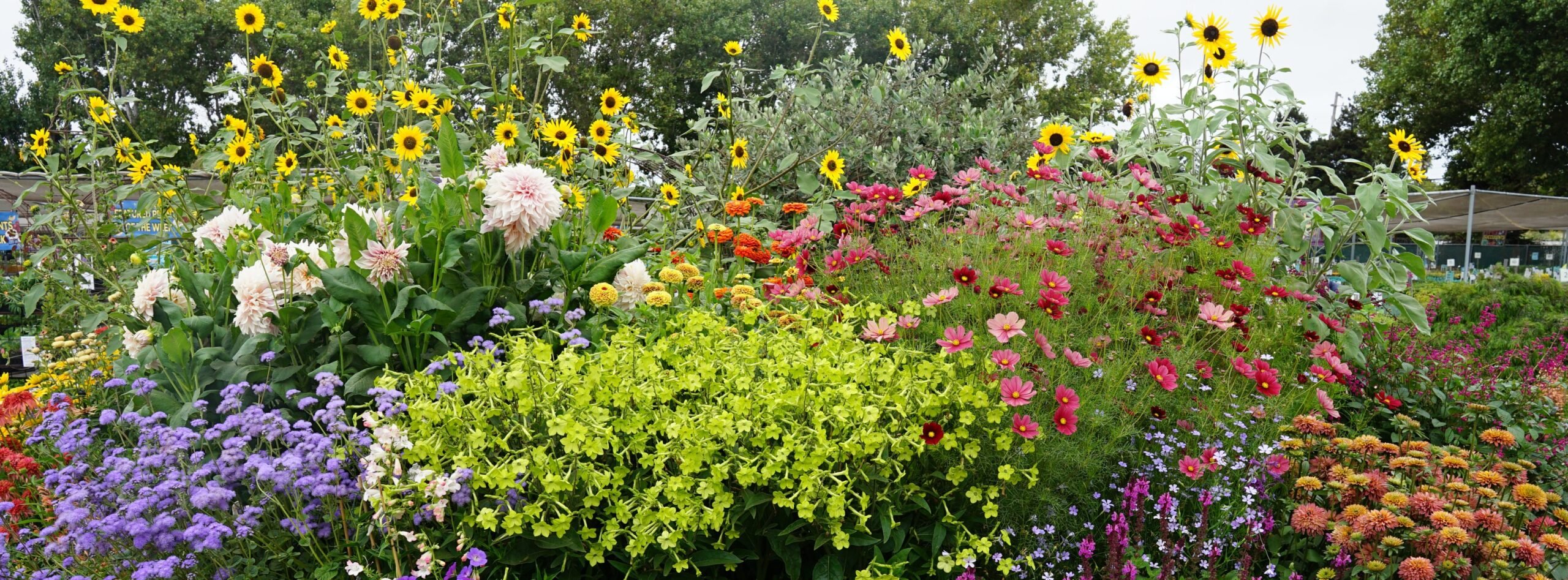




Responses